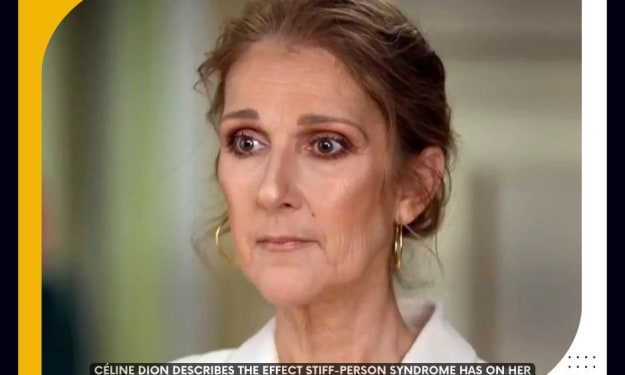Copyright Registration Case Study
How to get paid if your music should be stolen

Some of my readers who keep up with Robin Thicke will remember that he was sued by the heirs of Marvin Gaye. After all the controversy about “Blurred Lines” similarity to Marvin Gaye's “Got to Give It Up,” the jury in the copyright case between Mr. Gaye's heirs and defendants Robin Thicke and Pharrell Williams ruled in the heirs' favor, to the tune of $7,300,000. Indeed, the defendants had to give it up!
If you are a composer and arranger of your own music, consider this: if your music begins to make money, the present copyright laws say control of that music's wealth-making ability is yours for your lifetime and to your heirs for 70 years after your death. You did know that the control over who can use your music is about wealth creation, right? If you don't know your rights and exercise them, other people will use your work to create their wealth, very happily, without a word of thanks, and without sharing one thin dime with you.
I have written this article to tell you the secrets Marvin Gaye's heirs used: they knew the copyright ownership and copyright registration of their father's work, and they were able to prove it in court. That's it. That's what netted them $7,300,000 in a copyright infringement case. Now you as a creator of music have the same rights as they have—but you will not be able to use them unless you begin with some fundamental protections, and the main one is copyright protection of your work.
But first of all, if you think you have a song that you have written that sounds a “whole lot like one of my favorites,” go back and make some changes for originality. Sounding too much like Marvin Gaye is what got Robin Thicke and Pharrell Williams into trouble—and the SMART composer (or his or her heirs) will let you make a few millions before coming and asking for their share. Just because you get away with ripping off with too close a version of your favorite song this year doesn't mean you've gotten away.
By the way, I'm not even talking about what happens if you rip off somebody else's song on purpose; we're going to assume that your purpose in life is not to be breaking the law and doing evil as a musician. But intentional or unintentional, copyright infringement is a 70-year matter at the shortest; if you do not get called on it in your lifetime, your children and grandchildren just might.
Second of all, when you have decided what songs of yours you are going to put out in the public (hence, publishing them), make sure you take care of your copyright registration. Your copyright exists for your lifetime and 70 years after you die, but you will not be able to prove it in court without your copyright registration in place. What you need to do is go directly to the United States Copyright Office website at http://www.copyright.gov and follow the instructions to get your copyright registration in order. Right now, through the Electronic Copyright Office, you can register a single song for $35, and a set of songs for $55 (hint, hint: a set can hold a lot of songs under one title).
And no, the “poor man's copyright” of mailing your songs to yourself to prove when you wrote it no longer works—this is a global, digital age. Even if a sympathetic judge in the United States would admit your postmark as evidence, you would be trumped by your opponent's producing a copyright registration of their own, which can happen! And, outside the United States, the postmark has no weight at all. It is just as easy for someone to steal your song in Sweden as it is for someone next door to steal it, and if you go up into a European Union court with nothing but a postmarked letter, you're done. You need that copyright registration!
It only costs $35 to get copyright registration, recognition, and protection all over the world for a single song, and $55 for a set. If you value your songs, go do the right thing and get copyright registration from the United States Copyright Office. That way, if someone rips off your work and makes a boatload of money, you too will be able to get justice and get paid!
By the way, are you interested in getting US copyright protection on your songs? Let me walk you through it, step by step—check out and purchase The Ultimate Guide to Copyright Songs over on Udemy!
Have more of a do-it-yourself mindset and just want a quick read to learn how to get copyright and other music business fundamentals done? Then instead, check out The Freedom Guide for Music Creators—purchase, download, read, do, DONE!
About the Creator
Deeann Mathews
Deeann D. Mathews is is a former professional journalist with the Bay Area News Group, and is a writer, composer, and community servant living and working in San Francisco, CA. She is an early adopter on Vocal and the new Hive Blockchain.






Comments
There are no comments for this story
Be the first to respond and start the conversation.